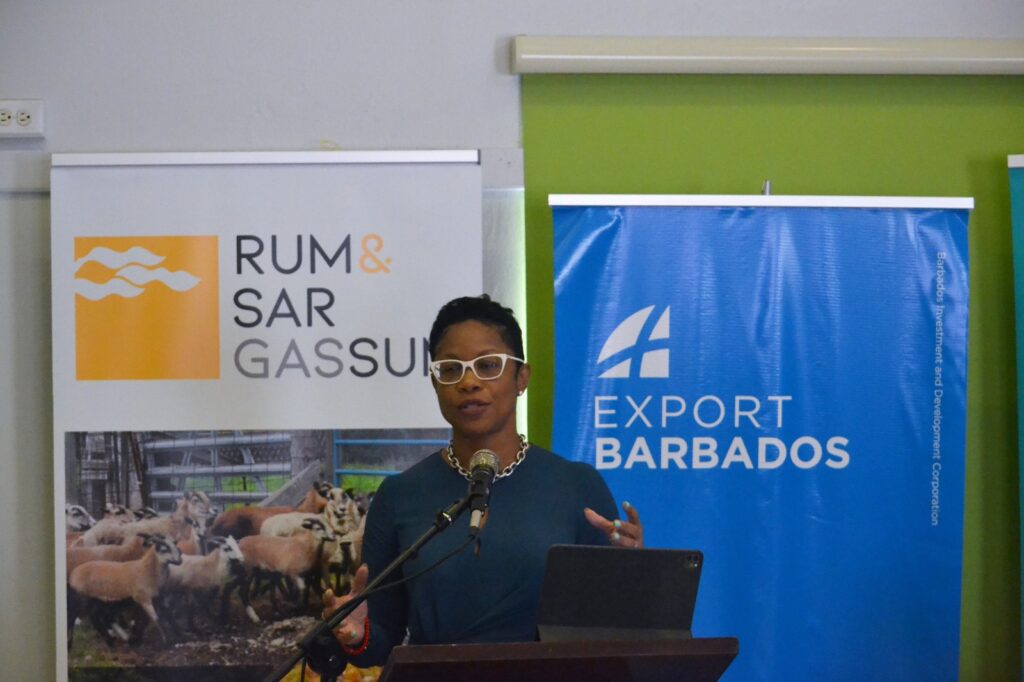Barbados Minister of Energy and Business Lisa Cummins announced on June 7 that the government was “refashioning” the state-owned Barbados National Oil Company Limited to fit with the country’s recently revised national energy policy’s renewable energy targets.
She said that BNOCL would be seen as an energy entity, not just an oil company, and referenced the possibility of changing the company’s name.
Barbados’ Mia Mottley-led government is pursuing targets of 100% renewable energy dependence by 2030. The island’s policies are seen as more ambitious than those of the European Union, which aims to be climate-neutral by 2050.
“Part of our goal has always been to work with the government of Barbados pushing energy policy to reduce energy emissions, to improve the quality of the lives of all Barbadians,” said James Browne, CEO of the Barbados National Oil Company.
Both were speaking at the launch of a clean energy project by Barbados-based Rum and Sargassum Inc, a start-up company producing affordable, renewable compressed natural gas for motor vehicles, using low-cost, locally sourced inputs, including rum distillery wastewater, Sargassum seaweed, and Blackbelly sheep manure.
The Rum and Sargassum project is financed by a €300,000 research grant from the Harnessing Innovative Technologies to Support Resilient Settlements on the Coastal Zones of the Caribbean initiative, called HIT RESET Caribbean, which is funded by the ACP Innovation Fund and the Organisation of African, Caribbean and Pacific States’ Research and Innovation Programme, with the financial contribution of the European Union. It is being executed by the University of the West Indies (UWI), the Caribbean Disaster and Emergency Management Agency and Anton de Kom University of Suriname.
“I’m very proud of Barbados, because its aggressive policy-setting approaches can stimulate innovation and engender opportunities for new economic development,” said Dr. Graham King, UWI HIT RESET Caribbean Team Lead.
“Governments can set policy frameworks in place that drive innovation. I don’t think Dr Henry and her team would have figured out a way of gasifying Sargassum unless there was an economic opportunity at the end of the process,” added King, who also directs the UWI St Augustine Centre for Innovation & Entrepreneurship.
“Sargassum is a threat to our tourism industry but also an opportunity, if we are innovative in the way that we respond, to further our economic resilience,” he said.


